Interesante pregunta de la dinámica (11) del ejercicio de crecimiento personal: ¿Quién soy? Enfocada en reflexionar sobre “¿Para qué está el otro ahí?”.
Si bien es cierto, ha sido una iniciativa muy bien llevada por nuestra amiga @damarysvibra, donde nos ha permitido expresar nuestros puntos de vista que nos han llevado a compartir experiencias entre los muchos usuarios de la comunidad Holos Lotus.
Me dispongo a compartir con mis amigos lectores, mi experiencia en relación a la pregunta: ¿Para qué está el otro ahí?
Quiero invitar a mis amigos @elisonr13 y @marpa a sumarse a esta importante dinámica y expresar sus puntos de vista.
Interesting question from the dynamic (11) of the personal growth exercise: Who am I? Focused on reflecting on “What is the other there for?”.
While it is true, it has been a very well-run initiative by our friend @damarysvibra, where it has allowed us to express our points of view that have led us to share experiences among the many users of the Holos Lotus community.
I am ready to share with my reader friends, my experience in relation to the question: What is the other there for?
I want to invite my friends @elisonr13 and @marpa to join this important dynamic and express their points of view.

Imagen source
Voy a compartir con ustedes dos momentos importantes que marcaron mi vida desde muy pequeño en relación al sentido humano de dar importancia a quienes nos rodean o comparten con nosotros, ya sea familia, amigos o simplemente desconocidos, que te encuentras en la calle y te extienden la mano para recibir algo nuestro que pueda satisfacer alguna necesidad en ellos.
La experiencia personal vale mucho a la hora de responder a la pregunta: ¿Para qué está la otra persona ahí?
Cuando era apenas un niño, no entendía por qué a mi padre le gustaba tanto ayudar a las personas, especialmente a su familia. Recuerdo que vivía en una casa muy humilde y mi padre decidió traer a una hermana que tenía en una zona rural con cuatro hijos. Mi padre le extendió la mano y la acomodó junto con mi familia, que éramos 8 hermanos y con mis padres, éramos diez personas.
La verdad es que mi padre quiso ayudar a su hermana con sus hijos y la trajo a la ciudad donde vivíamos y allí durante muchos años, la hermana de mi padre pudo recibir apoyo emocional y económico por parte de mi padre. Los hijos de mi tía estudiaban en la escuela primaria y mi padre les proporcionaba comida y les ayudaba en cuestiones de salud y vestimenta.
Fue algo difícil de entender para mí hasta que crecí lo suficiente para entender que mi padre quería ser solidario con su hermana, quien había enviudado y no tenía ayuda de nadie.
Mi padre pensó en ella, en ayudarla y extender su mano hasta que los hijos de mi tía crecieran y pudieran valerse por sí mismos y cuidaran de mi tía.
Mi padre era una persona cristiana y no sólo ayudó a mi tía y a sus hijos, sino que también ayudó a otros familiares en la zona rural, ya que mi padre había nacido en ese ambiente, donde las cosas eran duras para la vida.
¿Por qué está la otra persona ahí?
Una gran pregunta que la vida misma se encarga de responder con las mismas cosas que vivimos y experimentamos diariamente.
Aprendí de mi padre a ser solidario, humanista, a amar al prójimo y muchas veces a callar cuando alguien a quien has ayudado olvida los favores y nos juega malas pasadas. Aprendí a perdonar y a no guardar rencor.
I am going to share with you two important moments that marked my life from a very young age in relation to the human sense of giving importance to those around us or those who share with us, whether it be family, friends or simply strangers, who you meet on the street and who extend their hand to receive something from us that can satisfy some need in them.
Personal experience is worth a lot when answering the question: What is the other person there for?
When I was just a child, I did not understand why my father liked helping people so much, especially his family. I remember that I lived in a very humble house and my father decided to bring a sister he had in a rural area with four children. My father extended his hand and accommodated her with my family, who were 8 siblings and with my parents, we were ten people.
The truth is that my father wanted to help his sister with her children and brought her to the city where we lived and there for many years, my father's sister was able to receive emotional and financial support from my father. My aunt's children were in primary school and my father provided them with food and helped them with health and clothing.
It was a difficult thing for me to understand until I grew up enough to understand that my father wanted to be supportive of his sister, who was widowed and had no help from anyone.
My father thought of her, of helping her and extending his hand until my aunt's children grew up and could take care of themselves and take care of my aunt.
My father was a Christian person and he not only helped my aunt and her children, but he also helped other relatives in the rural area, since my father had been born in that environment, where things were hard for life.
Why is the other person there?
A great question that life itself is responsible for answering with the same things that we live and experience daily.
I learned from my father to be supportive, humanistic, to love my neighbor and often to keep quiet when someone you have helped forgets the favors and plays tricks on us. I learned to forgive and not hold a grudge.
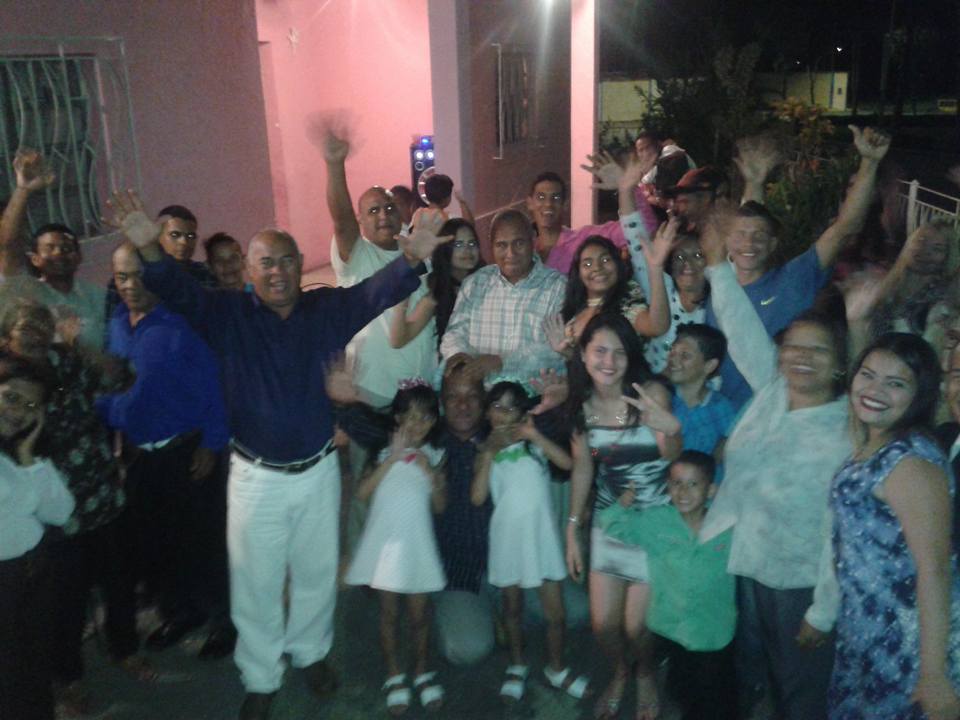
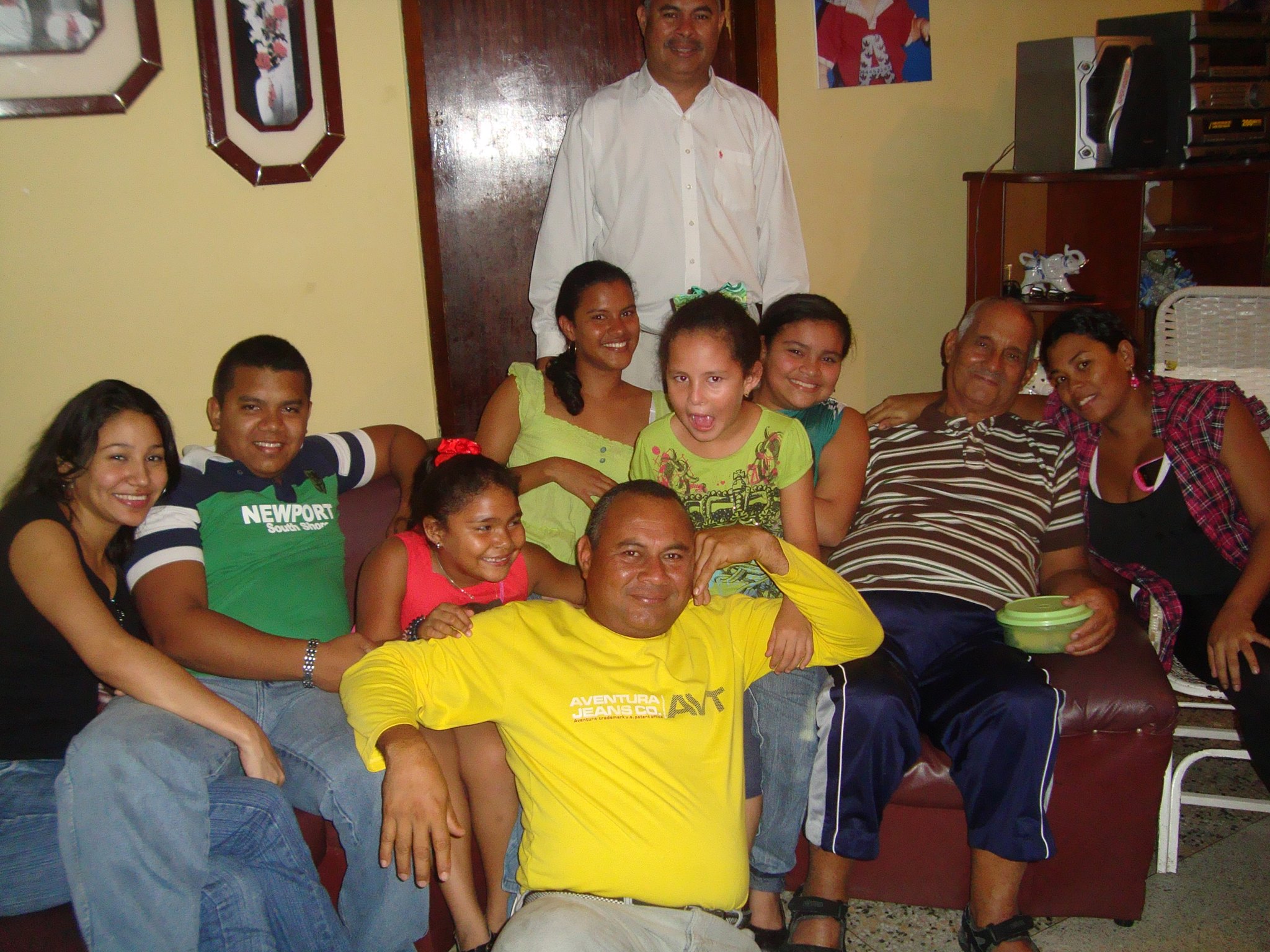
Cuando aprendemos de nuestros padres a valorar a las personas y a ser solidarios, los valores familiares se vuelven generacionales.
Mi madre siempre nos contaba que cuando ella nació, su madre murió meses después y mi madre había quedado huérfana y su padre, también, la había abandonado desde pequeña. Gracias a la única tía que tuvo, que estuvo ahí en medio de su desamparo, mi madre pudo sobrevivir y crecer con ciertos principios y valores en una zona rural.
La tía estuvo ahí como alguien tan importante para cuidar del crecimiento y las necesidades de mi madre.
Estas historias marcaron mi vida y seguir los caminos de mi padre con valores cristianos me ha ayudado mucho a acercarme a quienes lo necesitan, a darles amor y mucho respeto.
Las personas son recursos muy valiosos con los que podemos vivir en sociedad y ser conscientes de que están ahí, nos ayuda a valorarnos como seres humanos y a ser solidarios en la vida.
Entiendo bien que las personas no actúan de la misma manera. Hay quienes valoran lo que podemos hacer por ellos y hay quienes olvidan que recibieron amor, respeto y otras cosas valiosas de nosotros y entonces nos tratan con arrogancia.
Mis padres me enseñaron la importancia de ayudar sin esperar nada a cambio. No cansarse de hacer el bien, es lo que mi padre practicaba como principio bíblico y esto, trato de hacer lo más que puedo, cuando me pregunto: ¿Para qué está la otra persona ahí?
When we learn from our parents to value people and be supportive, family values become generational.
My mother always told us that when she was born, her mother died months later and my mother had been orphaned and her father, too, had abandoned her since she was little. Thanks to the only aunt she had, who was there in the midst of her helplessness, my mother was able to survive and grow up with certain principles and values in a rural area.
The aunt was there as someone so important to take care of my mother's growth and needs.
These stories marked my life and following my father's paths with Christian values has helped me a lot to get closer to those who need it, to give them love and a lot of respect.
People are very valuable resources with which we can live in society and being aware that they are there, helps us to value ourselves as human beings and to be supportive in life.
I understand well that people do not act in the same way. There are those who value what we can do for them and there are those who forget that they received love, respect and other valuable things from us and then treat us arrogantly.
My parents taught me the importance of helping without expecting anything in return. Never getting tired of doing good is what my father practiced as a biblical principle and I try to do this as much as I can, when I ask myself: What is the other person there for?
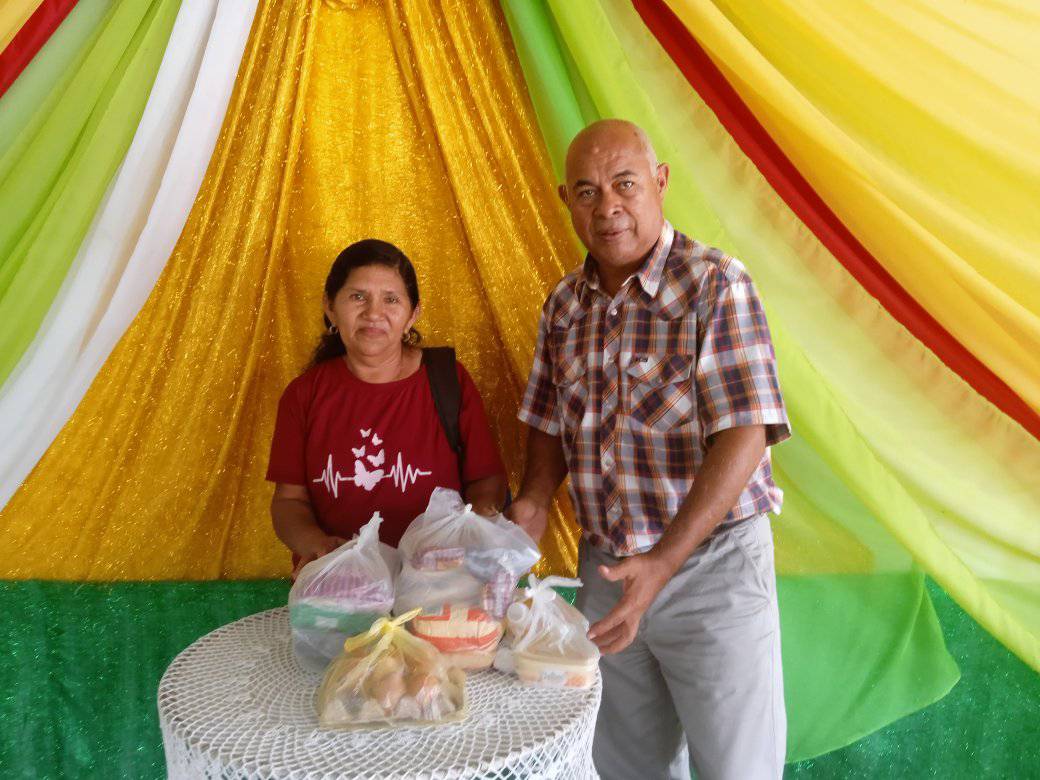
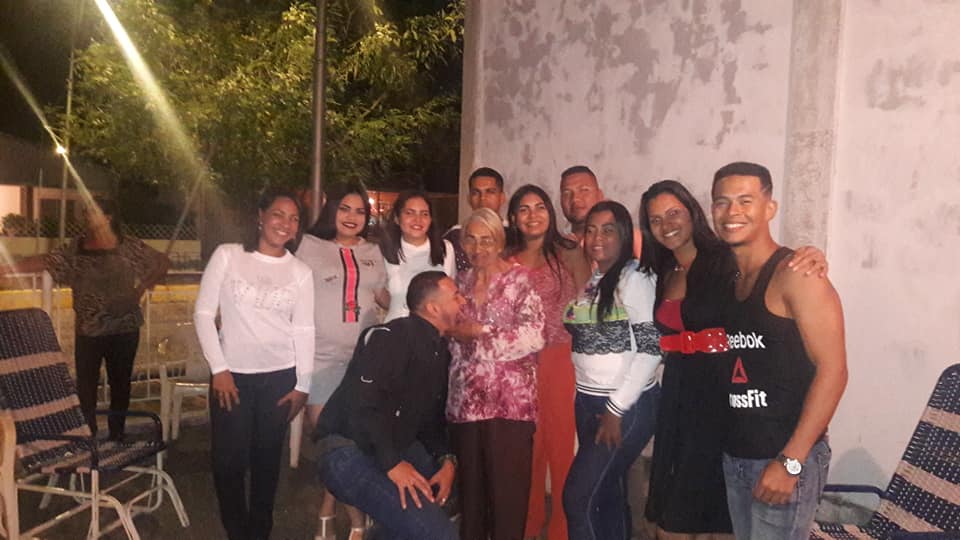
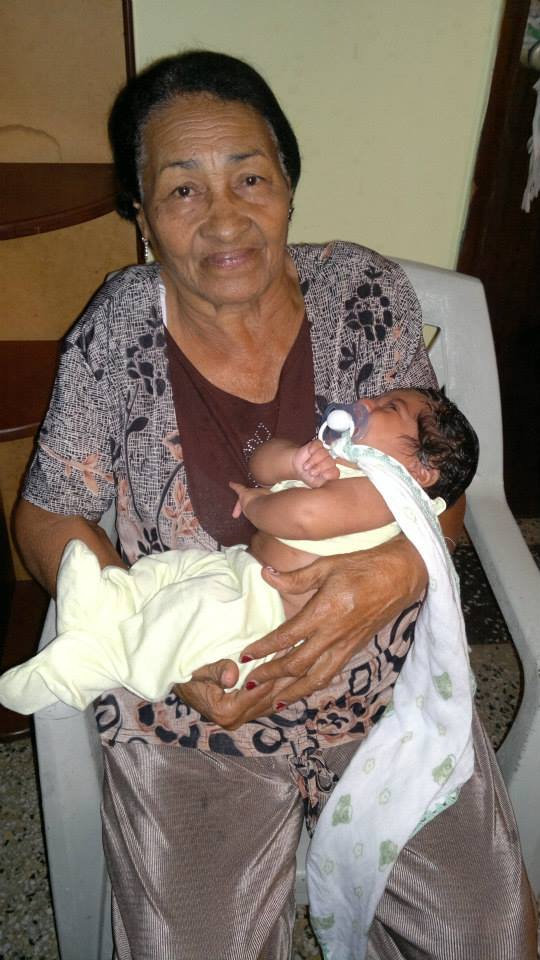

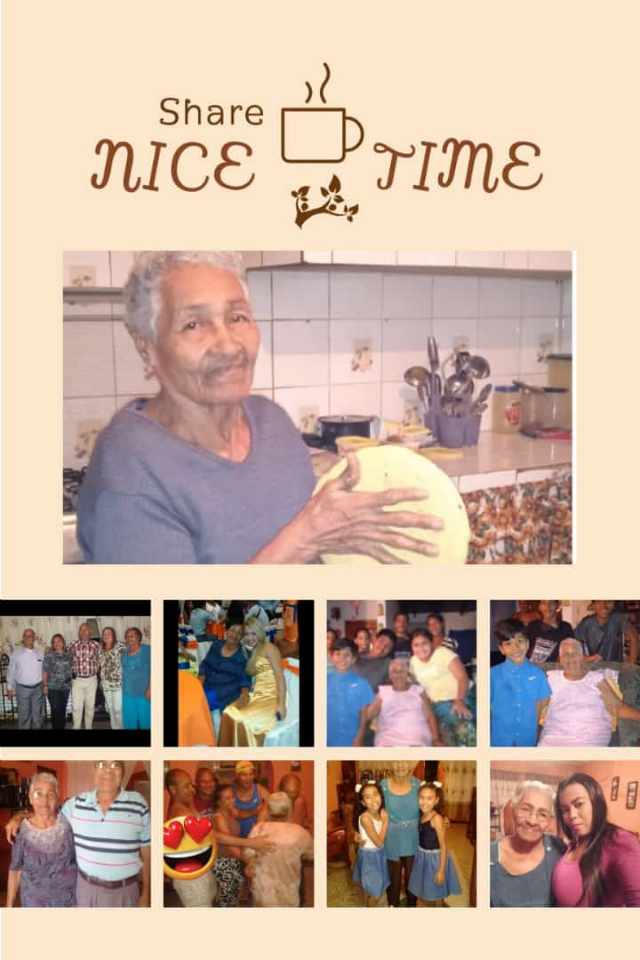
El otro está allí por muchas razones, siempre hay una lección que aprender y es allí cuando nos preguntamos quien soy yo si el otro no estuviera allí.? En tu caso, tus padres estuvieron para enseñarte a través de su acciones valores invaluables. Saludos.
Gracias amiga por tan sabias y reflexivas palabras que encierran el tesoro de tu comentario.
Feliz y bendecido día.
Saludos!
@tipu curate 8
Gracias amiga por tu apoyo a través de la cuenta de @tipu.
Feliz día.
Upvoted 👌 (Mana: 0/69) Liquid rewards.
Amén. Siempre admirador del abuelo y de ti hasta el final! Dios bendiga a toda la familia!
Amen. Exito.
Felicitaciones por el regalo de la familia